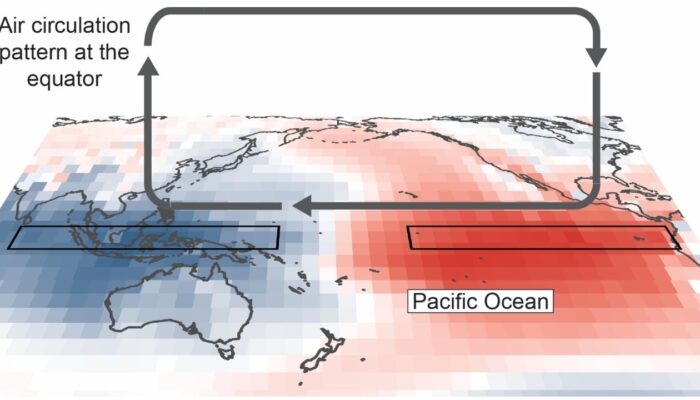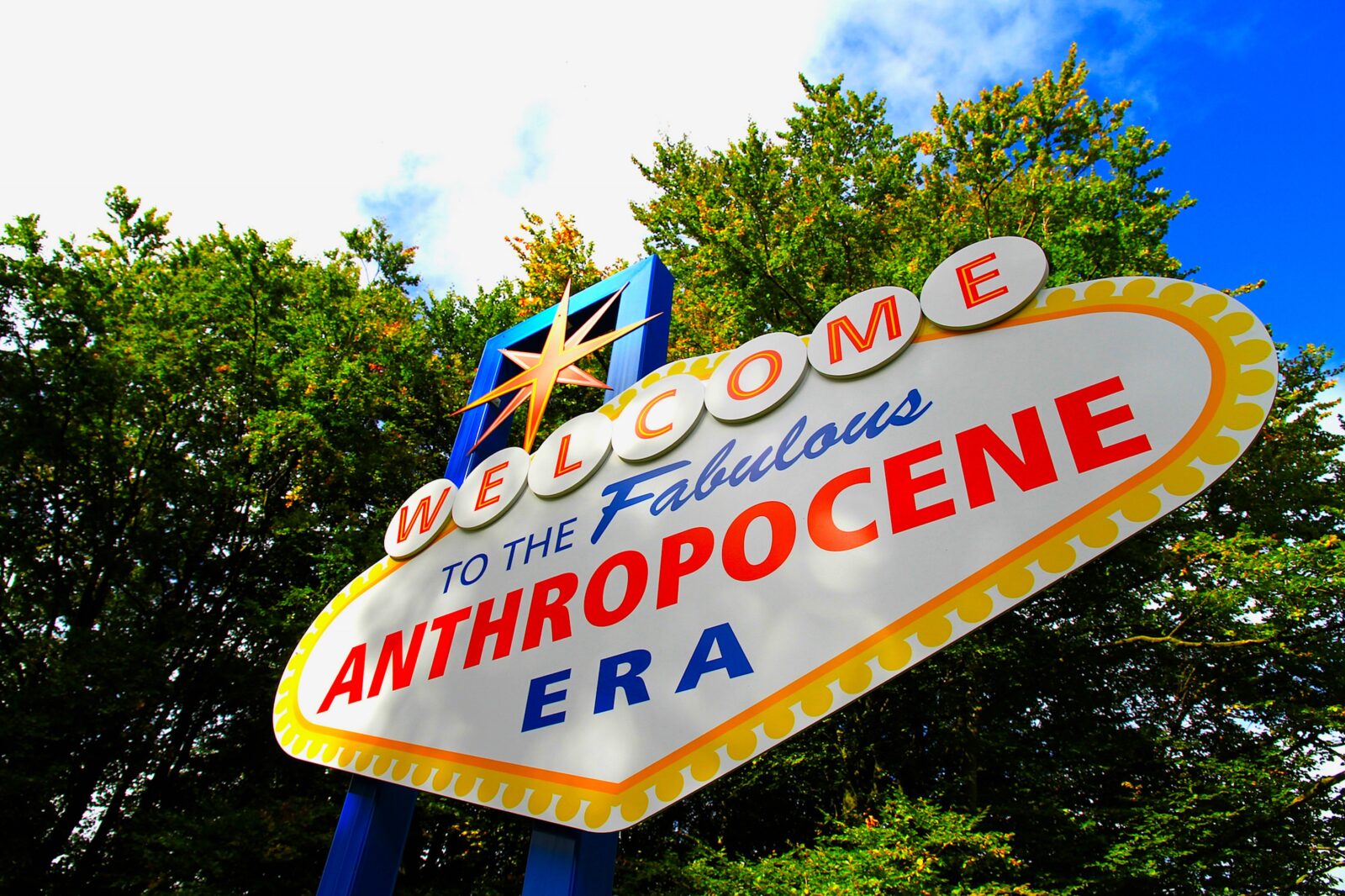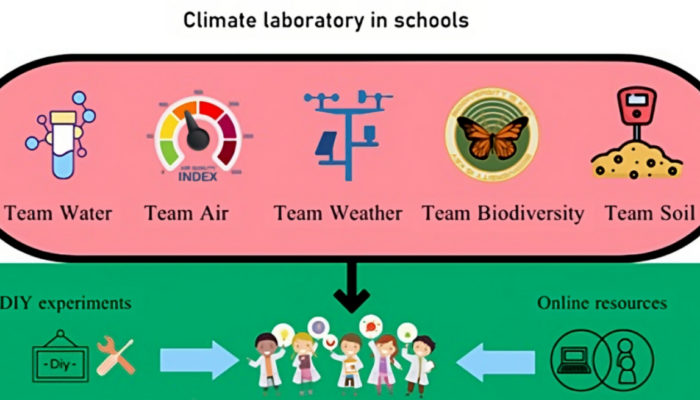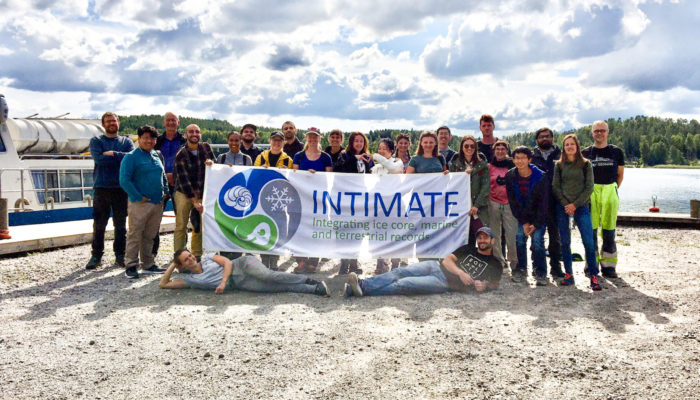What is the Walker Circulation? The El Niño Southern Oscillation, or ‘ENSO’, is one of the major causes of year to year variability in Earth’s climate. ENSO is characterised by: changes in the temperature of the ocean’s surface in the tropical Pacific Ocean, and by changes in atmospheric circulation in an east-west direction above the Pacific Ocean. Number two in that list is what makes ENS ...[Read More]
Why would anyone care about an ‘Anthropocene’?
– A debate among scientists and its impact on us The epoch of humans (and their obvious intervention in the Earth system) In order to understand what the ‘Anthropocene’ means for us, we need to define first what it actually is. This poses a rather complex question in itself, as various disciplines have given the term rather different and alternative definitions. For instance, the public medi ...[Read More]
Put a Climate lab in school and make it better!
Put a Climate lab in school and make it better “The car will not go through this road”, the driver replied. Well, the path, which he was mentioning was a mudslide made up of clay soil, completely wet from the rain the previous day. We were traveling to a small village in Sundarban to establish a climate laboratory. The concrete road ends 2 kilometers before the schools, and then it was a mud bath! ...[Read More]
A glimpse into the INTIMATE’s summer school of 2022
The Earth’s climate has been rapidly changing in the last decades. That’s a fact! Virtually, every one of us has been experiencing those changes in person, but how do we know that Earth’s climate has changed in the past beyond the instrumental data of the last ~200 years? From ancient manuscripts to geologic records, there are many “archives” one might consider “reading” to infer or reconstruct pa ...[Read More]




